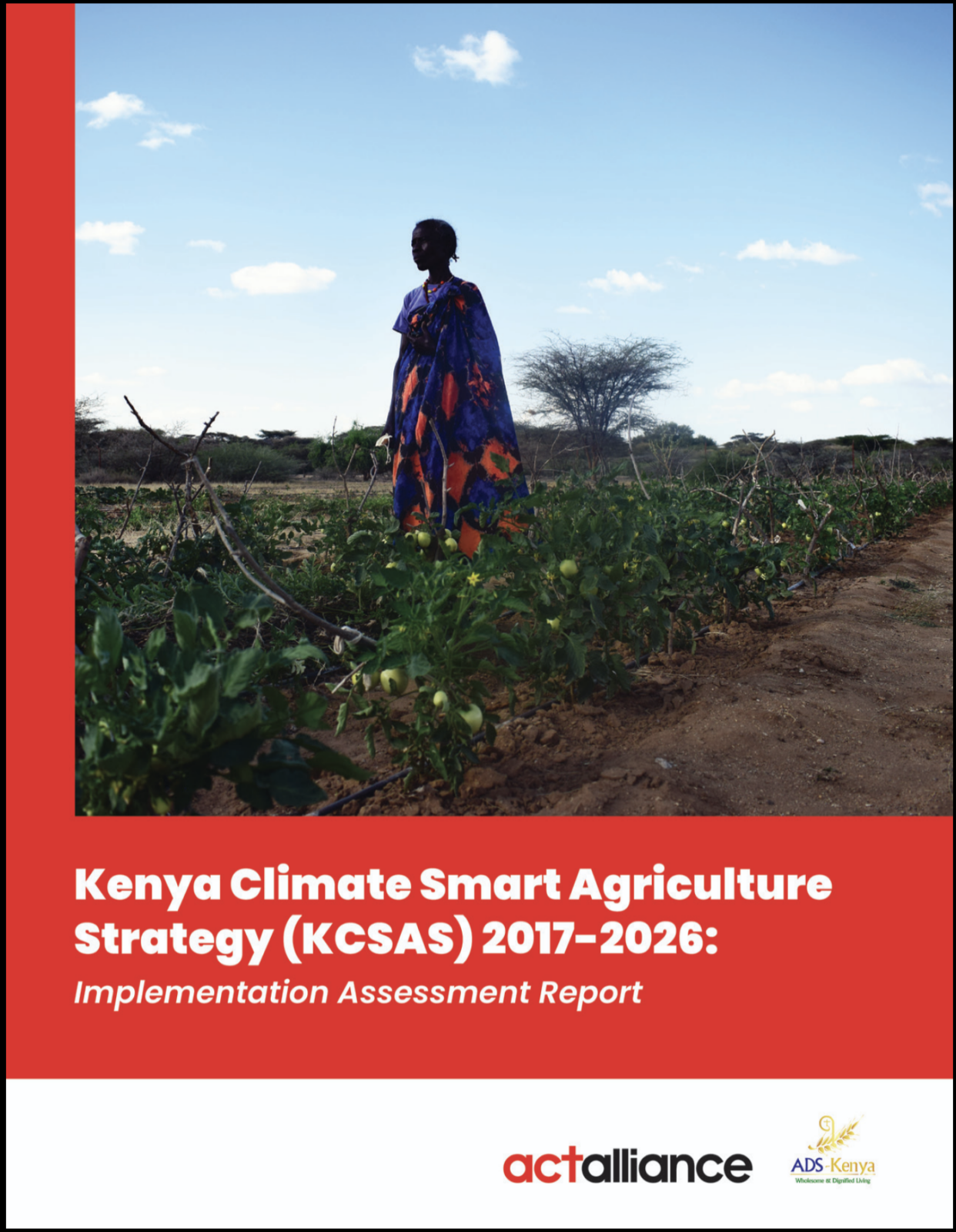Nairobi, 07 November 2025
Download text press release here: Press release UNTC
As governments and civil society gather in Nairobi on Monday for two weeks of negotiations on a historic UN Tax Convention, the world is watching. These discussions on taxing the ultra-rich, addressing corporate tax abuse, and reforming environmentally harmful tax systems come at a decisive moment. With COP30 in Belém underway, climate responsible leaders have a unique opportunity to connect the dots between fair taxation and credible climate finance.
The process, first championed by the African Group in 2024 in New York, is rapidly gaining momentum. Its ambition is nothing less than to rewrite the outdated, loophole-ridden international tax rules that allow wealth to escape public budgets.
Every year, these failures cost states an estimated half a trillion USD, money urgently needed for climate adaptation, loss and damage, biodiversity protection, and just transitions.
Next weeks’ negotiations offer climate-responsible governments the possibility to mobilise domestic resources at scale, rebuild trust, and show that climate commitments are backed by real financing, not empty declarations.
“With austerity growing worldwide and the climate crisis deepening, responsible leaders cannot miss this opportunity to change a system that wastes resources and concentrates wealth in the hands of a few individuals and corporations”Rudelmar Bueno de Faria General Secretary, ACT Alliance
“With austerity growing worldwide and the climate crisis deepening, responsible leaders cannot miss this opportunity to change a system that wastes resources and concentrates wealth in the hands of a few individuals and corporations,” says Rudelmar Bueno de Faria, General Secretary of ACT Alliance. “A fair global tax system is indispensable for delivering on climate justice and ensuring that the most vulnerable communities are not left behind.”
The UN Tax Convention process could have profound implications for global climate financing. By closing loopholes, increasing transparency and strengthening rules against tax abuse, governments could mobilise substantial domestic resources for climate adaptation, loss and damage, and biodiversity protection. For many countries, especially in the Global South, this would reduce dependence on unpredictable aid flows and create a stable foundation for long-term social and climate planning.
The Convention also aims to shift the financial burden of climate action away from families and households already struggling with austerity. It must ensure that those who profit and pollute most — the ultra-rich, multinational corporations, and polluting sectors — contribute to the lion’s share of costs of the climate crisis.
“What happens in Nairobi does not stay in Nairobi,” says Julius Mbatia ACT Alliance Climate Justice Manager. “Civil society will be watching closely and demanding greater ambition and accountability from governments in Brazil”.
From Nairobi to Belém, progressive leaders can finally demonstrate that multilateral cooperation works when it prioritises the common good, moves beyond the siloed approaches that have stalled progress for decades, and brings truly innovative thinking to global governance.
ACT Alliance is a coalition of 150 faith-based organisations operating in 127 countries working on humanitarian relief operations, climate and gender justice and sustainable development.
www.actalliance.org
ACT Alliance supports the Global Alliance for Tax Justice https://globaltaxjustice.org
For comment, please contact:
Daniela Varano
Daniela.varano@actalliance.org
Keziah Keriuki






